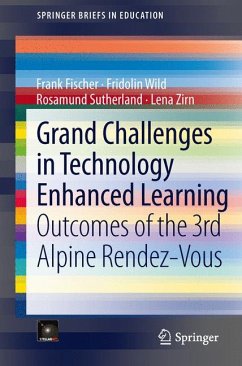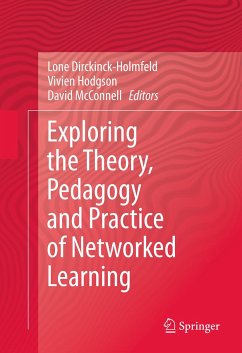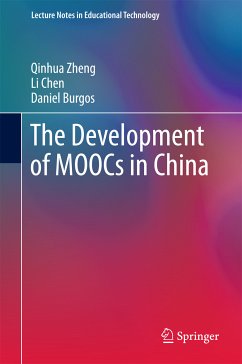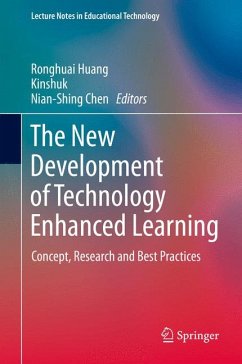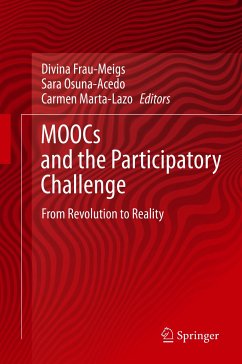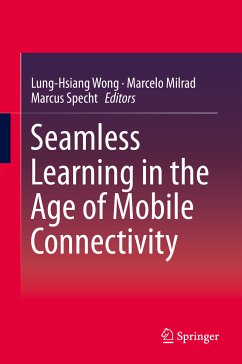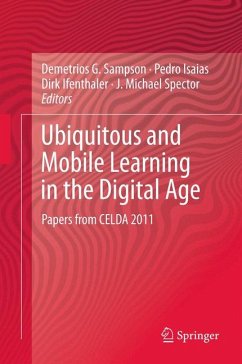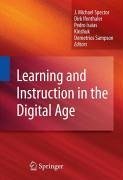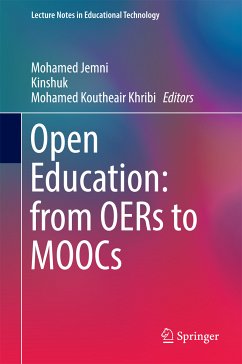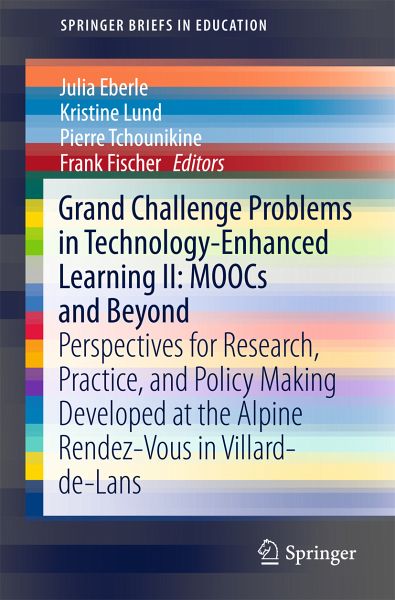
Grand Challenge Problems in Technology-Enhanced Learning II: MOOCs and Beyond (eBook, PDF)
Perspectives for Research, Practice, and Policy Making Developed at the Alpine Rendez-Vous in Villard-de-Lans
Redaktion: Eberle, Julia; Fischer, Frank; Tchounikine, Pierre; Lund, Kristine
Versandkostenfrei!
Sofort per Download lieferbar
40,95 €
inkl. MwSt.
Weitere Ausgaben:

PAYBACK Punkte
20 °P sammeln!
This book reports on the proceedings at the STELLAR Alpine Rendez-Vous 2013, presenting strategies in handling challenges that arise when using technology-enhanced learning (TEL). With insightful contributions from leading teachers, practitioners, researchers and policy makers, this volume will inspire everyone interested in TEL in their future projects. This book continues the influential work of the STELLAR network which was funded by the European Commission to structure the research area of technology-enhanced learning and continues to the work on the previously developed research vision. I...
This book reports on the proceedings at the STELLAR Alpine Rendez-Vous 2013, presenting strategies in handling challenges that arise when using technology-enhanced learning (TEL). With insightful contributions from leading teachers, practitioners, researchers and policy makers, this volume will inspire everyone interested in TEL in their future projects. This book continues the influential work of the STELLAR network which was funded by the European Commission to structure the research area of technology-enhanced learning and continues to the work on the previously developed research vision. It has potential to become influential in Europe, North America and Asia.
Dieser Download kann aus rechtlichen Gründen nur mit Rechnungsadresse in A, B, BG, CY, CZ, D, DK, EW, E, FIN, F, GR, HR, H, IRL, I, LT, L, LR, M, NL, PL, P, R, S, SLO, SK ausgeliefert werden.



